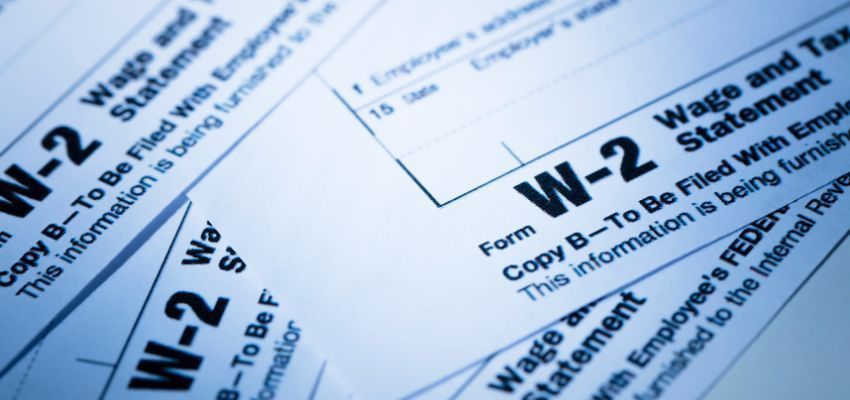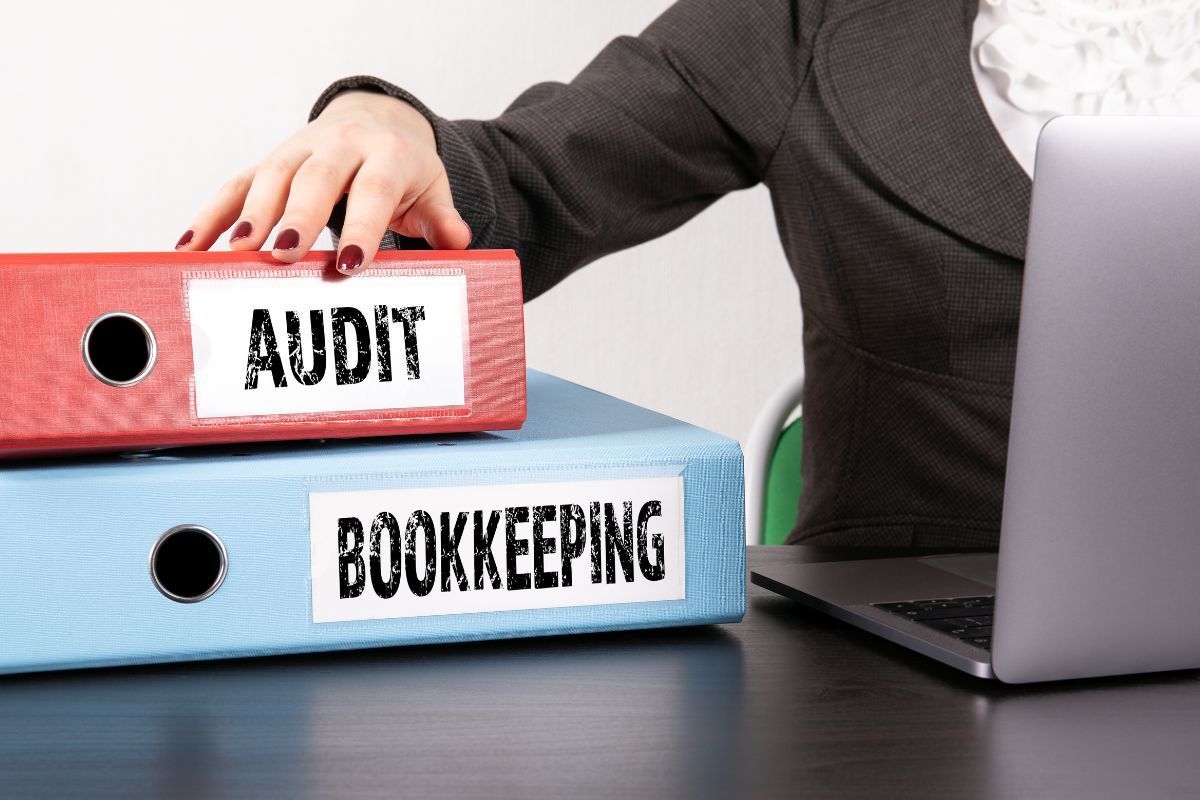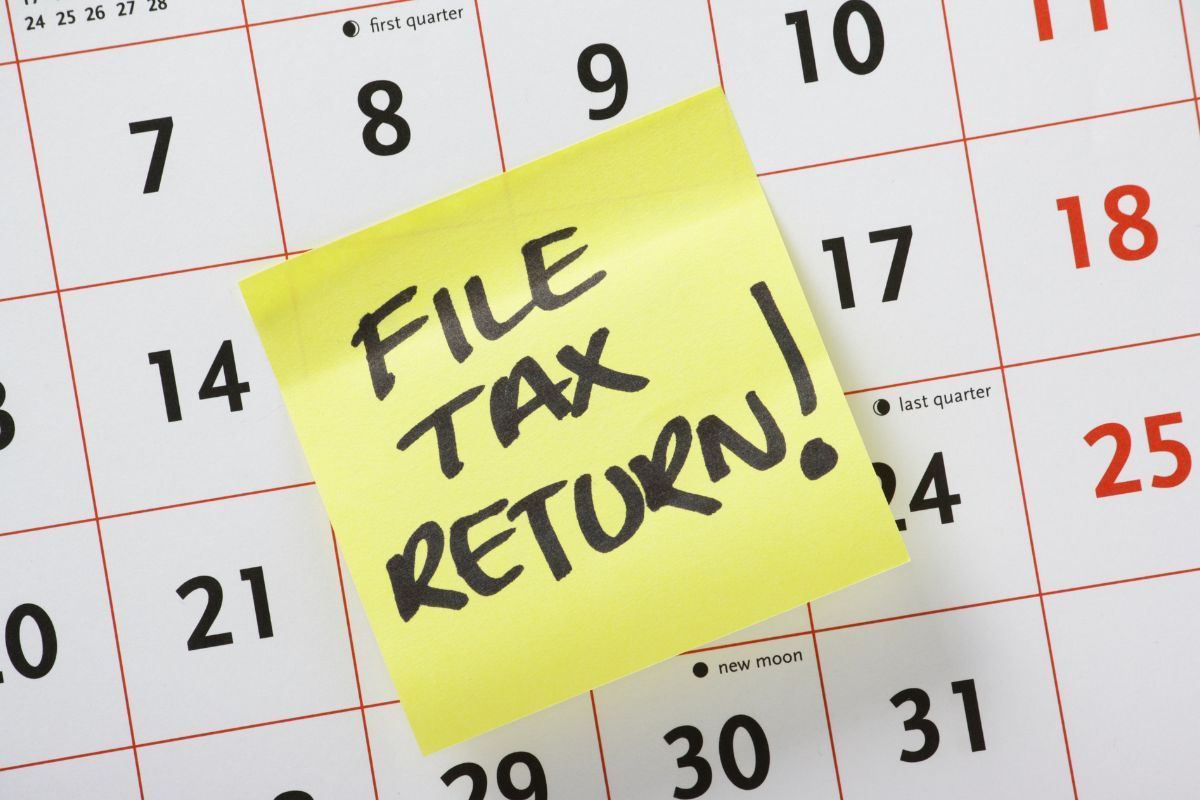Tax Mistakes To Avoid For Canadians Who Work For US Companies
Imagine landing your dream job with a U.S. company while enjoying the stunning landscapes of Canada. Sounds perfect, right? However, this exciting opportunity comes with challenges, especially regarding taxes. Navigating cross-border employment can be tricky. Misunderstanding tax obligations in both countries may lead to costly mistakes. To avoid pitfalls, stay informed and be prepared for a smooth experience!
In this article, we'll cover the critical information that every Canadian working in US taxes needs to know. We'll also provide valuable insights to help you avoid common pitfalls. You'll also ensure compliance with tax regulations on both sides of the border.
Understanding Your Tax Obligations
As a Canadian resident working for a U.S. company, you may need to navigate tax obligations in both countries. Canadians must report their global income to the Canada Revenue Agency (CRA). In contrast, the U.S. requires reporting only of income earned within its borders.
Here's a guide to help you manage your tax responsibilities effectively:
- Establish your residency status. Your tax responsibilities primarily hinge on your residency status. As a Canadian resident, you’re liable for taxes on your worldwide income. However, if you spend considerable time in the U.S., you may also be subject to U.S. tax obligations.
- Identify the required forms. Canadians working for U.S. companies usually need to submit specific forms, like the W-8BEN. This helps them claim tax treaty benefits and reduce unnecessary withholding. Filing the correct forms is vital to avoid complications and penalties.
Understanding your tax obligations is crucial. Ensuring proper compliance helps you maximize your financial well-being and minimize the risk of unexpected tax liabilities.
What Is The Potential Benefit From The DTC?
If you get approval for the DTC for diabetes, you may receive one or several tax refunds, depending on how long you have lived with the health condition. If you want to estimate how much you might receive, use theDisability Tax Credit Calculator.
The DTC has a Federal portion and a Provincial portion. The Federal portion is the same throughout Canada, while the Provincial portion varies by province.
If eligible, you may receive:
- Annual tax refunds typically range from $1,500 to $2,000, while families with dependent children may qualify for up to $4,000 refunds. This financial support can help cover extra costs related to managing a disability. It can assist with medical expenses, specialized equipment, and other necessary accommodations.
- A retroactive lump sum payment is a one-time payment of up to $20,000 for adults and $40,000 for children. The amount depends on the individual's previous tax contributions and the length of their diabetes.
The DTC is an invaluable resource for those who qualify. Individuals need to explore their eligibility. Taking advantage of these potential benefits can make a significant difference.
Is Diabetes A Disability In Canada?
While diabetes is recognized under the DTC, eligibility depends on the time spent managing the condition. Insulin therapy and glucose monitoring are vital activities. If they exceed 14 hours a week, they’re considered life-sustaining therapy. This qualifies the individual for the credit.
The CRA arranges a tax refund to help compensate for the costs of insulin shots and lifestyle changes. This is available through the DTC, which applies to individuals with Type 1 or Type 2 diabetes. Additionally, both physical and mental health conditions will be considered in the evaluation.
The CRA will carefully evaluate several factors to determine an individual's eligibility. To qualify, one must:
- Be a Canadian citizen or permanent resident.
- Have a prolonged impairment, evident restriction, or two or more prominent restrictions, or rely on life-sustaining therapy.
- Have either you or your spouse paying federal taxes

Avoiding Double Taxation
Double taxation occurs when more than one jurisdiction taxes the same income. Fortunately, the Canada-US Tax Treaty helps mitigate this issue:
- Leverage the tax treaty. The Canada-US Tax Treaty helps reduce double taxation. It outlines tax obligations for various income types, including wages, dividends, and interest. This treaty assists taxpayers in determining their primary tax residency and clarifies their responsibilities. As a result, taxpayers can claim foreign tax credits and deductions, lowering their overall tax burden.
- Claim foreign tax credits. If you earned income and paid taxes in the U.S., you might qualify for foreign tax credits on your Canadian tax return, helping to avoid double taxation. To claim these credits, complete the necessary forms and provide documentation like W-2 or 1099 forms. This process promotes fairness in cross-border tax obligations.
The Canada-US Tax Treaty assists individuals and businesses in managing their tax obligations and helps prevent double taxation.

Submitting The Correct Forms
Submitting the proper forms is crucial. It helps avoid penalties and ensures compliance with tax regulations:
- IRS forms. If you have tax obligations in the United States, you may need to file both federal and, potentially, state tax returns. Be mindful of specific forms such as the 1040NR for non-residents and the FBAR if you hold financial interests outside the U.S.
- CRA forms. You must report any income earned from U.S. sources on your tax return in Canada. This may require declaring foreign income on your T1 General form.
Understanding the necessary tax forms is crucial. Submitting them accurately and on time helps you manage your tax responsibilities.
Seeking Professional Guidance
Navigating taxes can be intricate, particularly in international contexts. Working with a tax professional who understands Canadian and U.S. tax systems can be beneficial. Their expertise can provide significant benefits:
- Consult cross-border tax specialists. Ask for recommendations from a tax advisor who specializes in cross-border taxation. They can provide personalized guidance to help you navigate the complexities of filing in both countries.
- Stay informed on tax changes. Tax laws can change frequently, so it's crucial to stay updated on new regulations and treaty amendments, which may impact your situation.
Prioritizing professional guidance is essential. Staying informed can help you navigate the intricacies of international taxation with confidence.
Frequently Asked Questions
Can I live in Canada and work remotely for a U.S. company tax?
You can live in Canada and work remotely for a U.S. company but must manage tax obligations in both countries. As a Canadian resident, you must report global income to the CRA and may require specific forms to benefit from the tax treaty. Consulting a cross-border tax expert is advisable to ensure compliance and optimize your tax situation.
Do Canadian citizens working in U.S. pay taxes to both countries?
Canadian citizens working in the U.S. may have tax obligations in both countries. Fortunately, tax treaties and credits help reduce the risk of double taxation. They’re generally responsible for U.S. taxes on income incurred in the U.S. and must report this income to Canada. They can often claim a foreign tax credit on their Canadian return for taxes paid to the U.S. It's best to consult a tax professional to navigate these complexities to ensure compliance.
What is the Canada-US Tax Treaty?
The Canada-U.S. Tax Treaty is a bilateral agreement. It aims to prevent double taxation and reduce tax barriers for individuals and businesses in both countries. The treaty establishes guidelines for tax residency and allocates taxing rights. It also provides mechanisms for tax credits and exemptions. Additionally, it addresses withholding taxes on dividends, interest, and royalties. This improves the efficiency of cross-border financial transactions.
Navigating U.S. Tax Laws As A Canadian
Navigating the tax landscape as a Canadian working for a U.S. company requires careful attention to detail. You need a clear understanding of your obligations in both countries. You can take advantage of the Canada-US Tax Treaty by staying proactive and well-informed. Seeking professional advice helps you avoid common tax pitfalls. This way, you can focus on advancing your career.
Remember, taking the proper steps as a Canadian working in US taxes today can save you time, money, and stress in the future.
Want more information?
Richmond Hill, ON
Calgary, AB
Vancouver, BC
Ottawa, ON
Winnipeg, MB
Hamilton, ON
Halifax, NS
Mississauga, ON
Toronto, ON
Brampton, ON
Oakville, ON
Milton, ON
Markham, ON
Vaughan, ON



